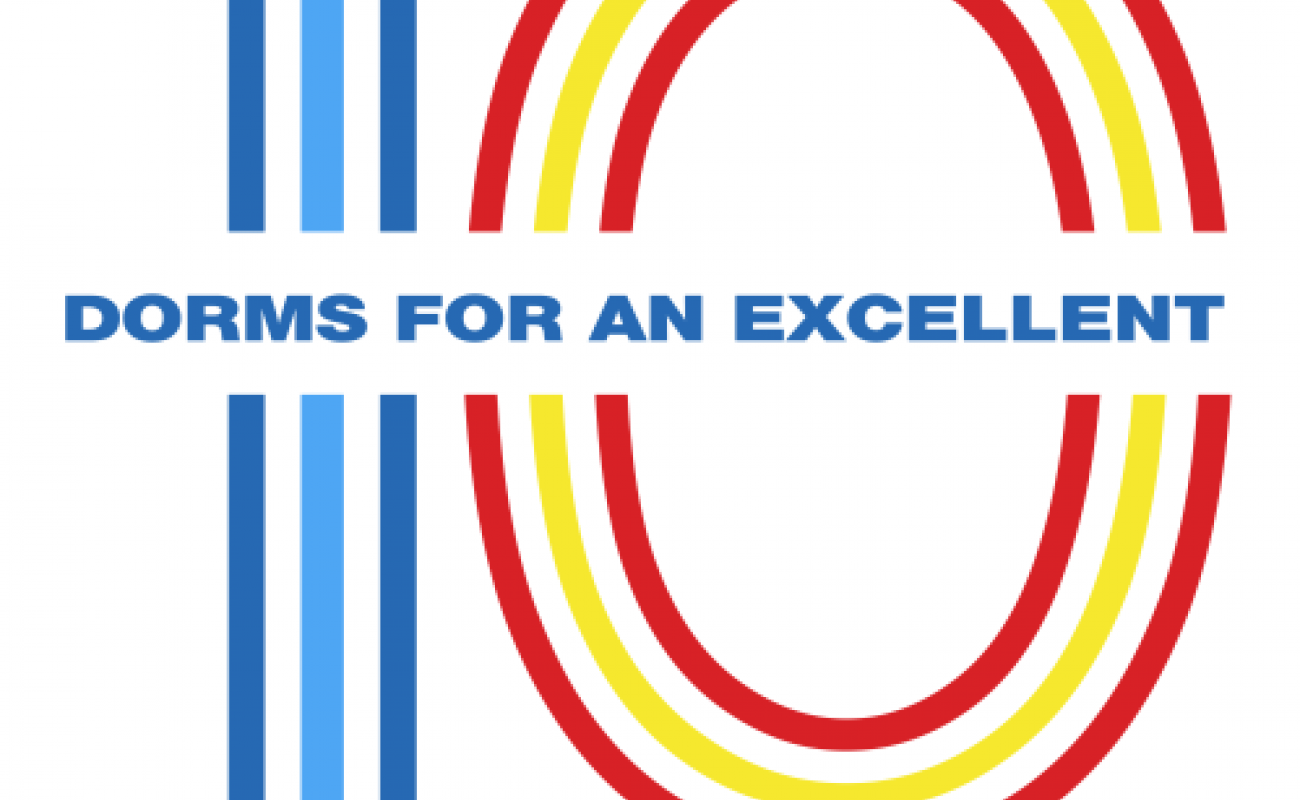Reconstruction begins at the "Steve Naumov" student dormitory

Reconstruction has officially commenced at the "Steve Naumov" student dormitory in North Macedonia, marking a significant step in the country’s commitment to improving educational infrastructure. This initiative is part of the Regional Energy Efficiency Programme (REEP) funded by the European Union, which aims to renovate a total of nine state dormitories.
The focus of this redevelopment is twofold: to enhance energy efficiency and to improve the overall living and learning conditions for students. With renovations including upgraded sanitary and electrical systems, as well as enhanced safety measures, students can look forward to a more comfortable and secure environment.
The "Energy Efficient Rehabilitation of Student Dormitories" project is backed by a €5 million EU grant from the Western Balkans Investment Framework (WBIF) and a €20 million loan from KfW, the German Development Bank. This collaborative effort not only aims to modernise existing facilities but also addresses long-standing challenges within student accommodation. First works began in April 2024 on the "Kuzman Josifovski Pitu" dormitory, and continued at pace during this first phase of the project.
Steffen Hudolin, Head of Cooperation at the European Delegation said: “The EU has and will continue to support investments in energy efficiency as an instrument to speed up de-carbonisation in North Macedonia. Improving student housing is a crucial part of this process, cultivating the quality of life of the students by ensuring they have “Dormitories for an excellent 10”. This is made possible by introducing sustainable practices that improve the energy consumption, increasing the positive ecological impact by decreasing the air pollution in cities like Skopje, Bitola, Orhid and Prilep. The Student dormitories “Kuzman Josifovski Pitu” and “Stiv Naumov” are just two of the 9 dormitories that will benefit from Team Europe support, with financing from the WBIF REEP programme, KfW and the Government of the Republic of North Macedonia.”
Klaus-Martin Müller, KfW Development Bank, Director for SEE and Turkiye said: “This project significantly contributes to the improvement of the living and learning conditions for the students in the Student Dormitories and to the achievement of the climate goals. According to the estimates, the project will result in reduced energy consumption of more than 40% and will save approximately 2400 tons of CO2 emissions per year.”
Education Minister Prof. Dr. Vesna Janevska emphasised the importance of this initiative in retaining young talent within North Macedonia. “Especially now there is a shortage of workers in Macedonia, we need to provide the incentives for young people to stay,” stated the minister. By investing in modern student living conditions, the government aims to create an environment that fosters both academic success and personal growth. This project reflects a broader commitment to sustainability and energy efficiency by incorporating innovative technologies, contributing not only to enhanced student experiences but also to a greener future.
REEP has been identified in the European Commission’s Economic and Investment Plan for the Western Balkans as Flagships within the “Renovation Wave”, which is part of the Investment window “Clean Energy”. These projects contribute significantly to the reduction of greenhouse gas emissions, and improve the living standards and health of citizens.
